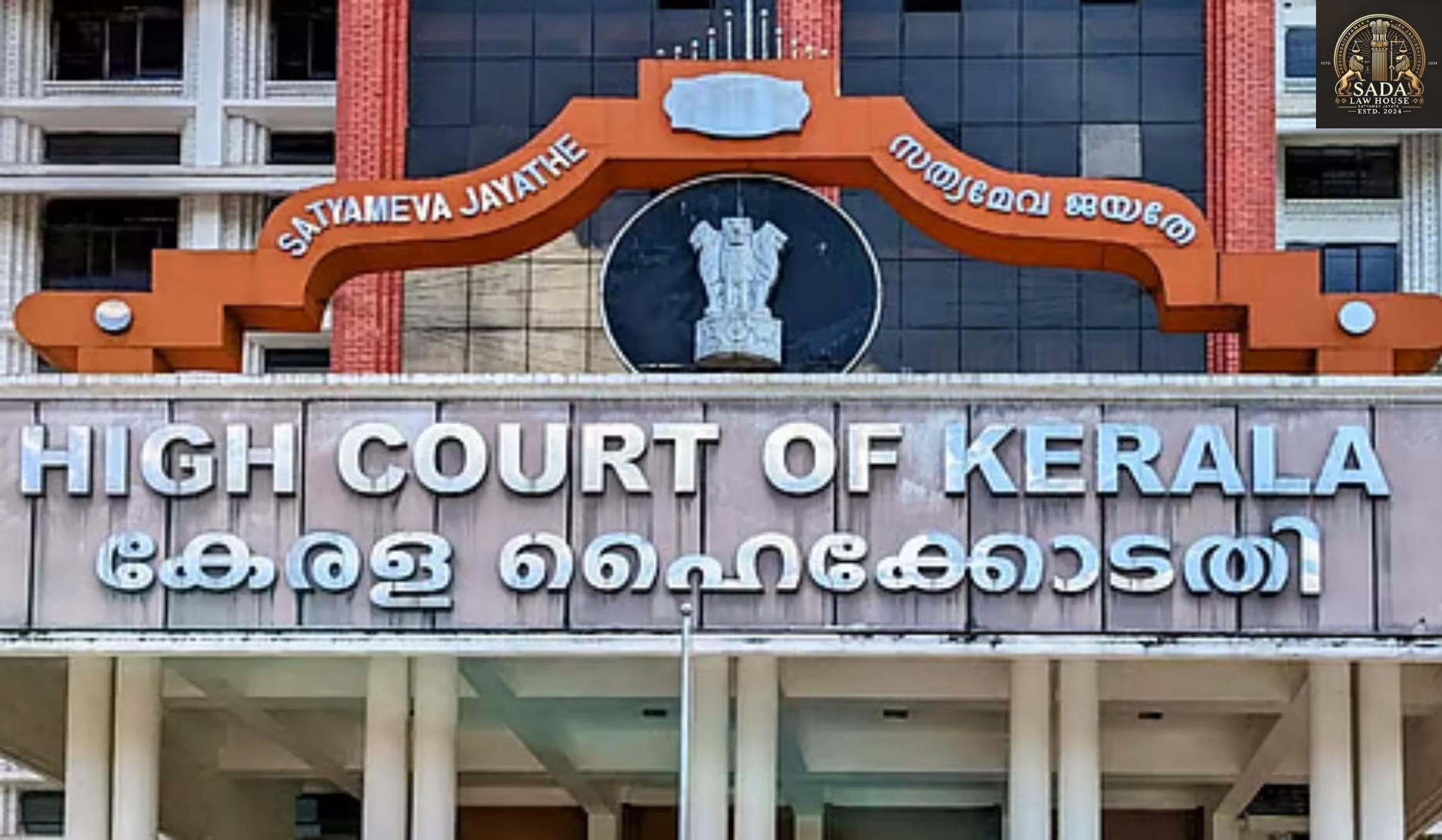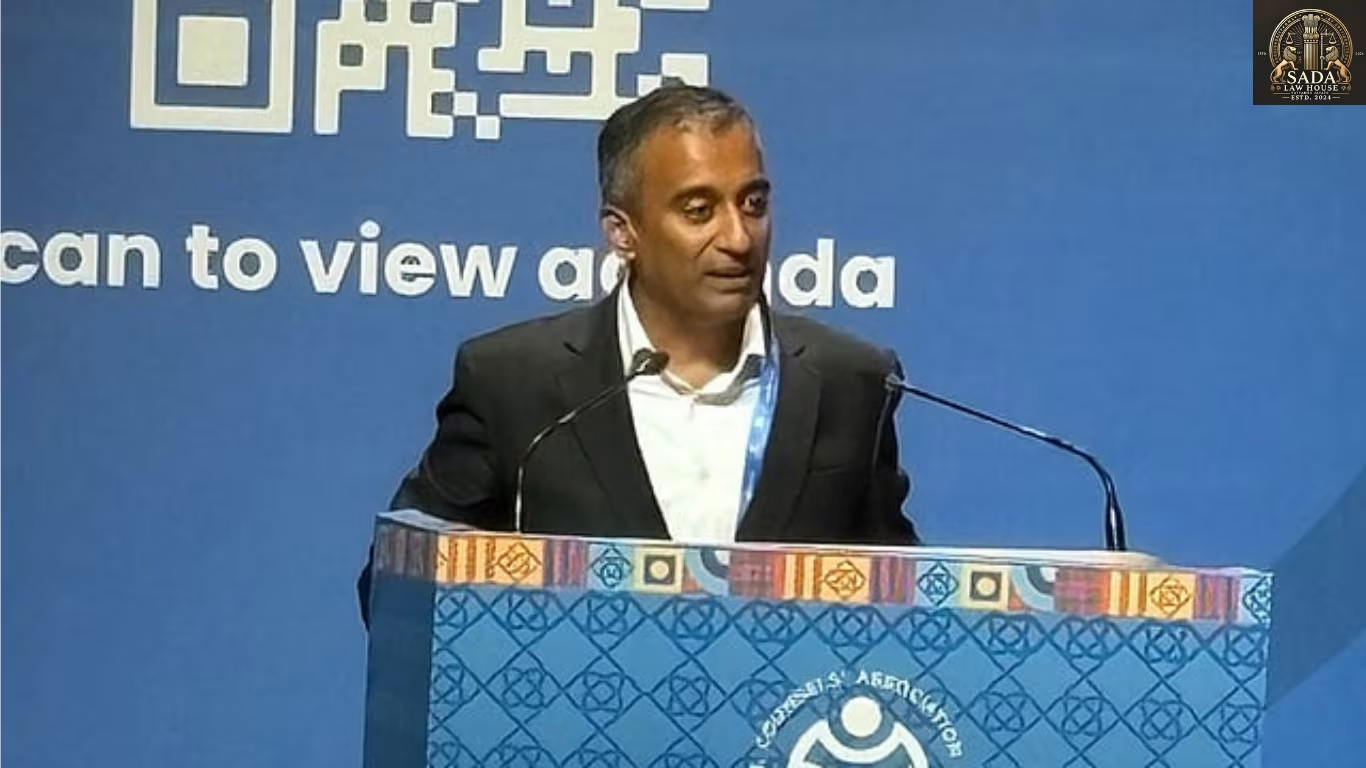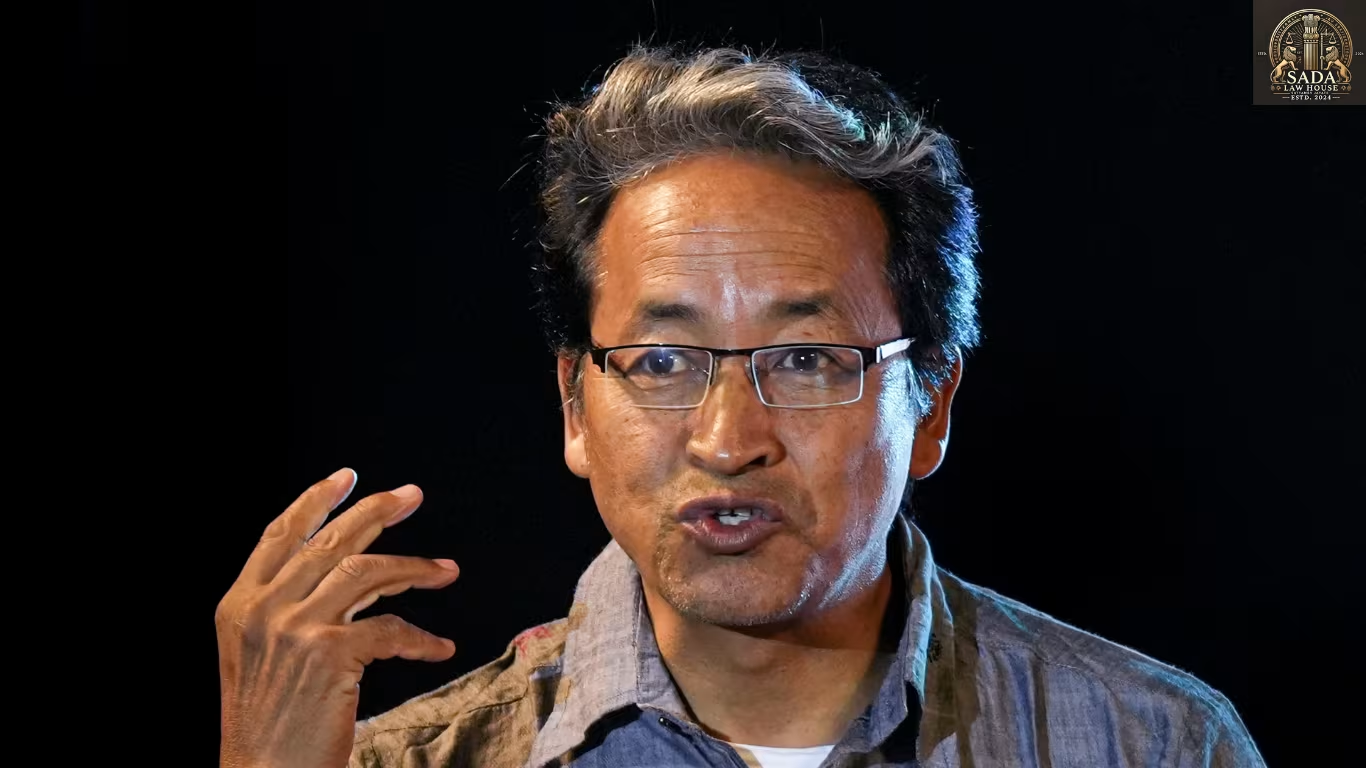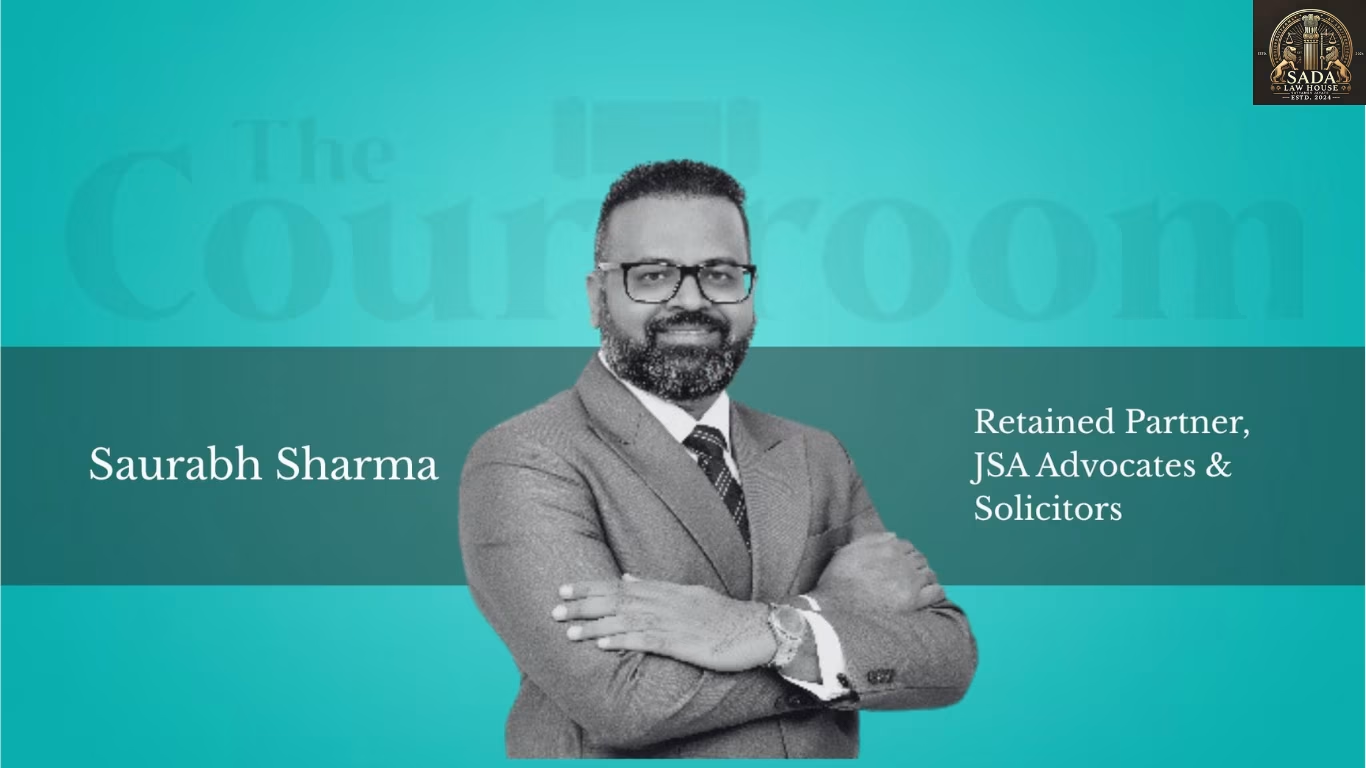Kerala High Court Rules Judges Must Personally View Obscene Video Evidence Before Conviction
- Kashak Agarwala
- 29 AUG 2025

The Kerala High Court rules that trial courts cannot convict individuals for distributing obscene material without personally verifying video evidence, strengthening due process in obscenity cases under Section 292 IPC.
Court Mandates Direct Judicial Verification
The Kerala High Court has ruled that trial courts must personally watch and analyze video evidence before finding a person guilty of distributing obscene content. The judgment emphasizes that a video must meet the legal definition of obscenity and cannot be assessed solely based on witness testimony or police reports.
Justice Kauser Edappagath allowed a criminal revision petition filed by Harikumar, a video shop operator from Kottayam, who was previously convicted for renting out allegedly obscene video cassettes.
Background of the Case
Incident: In the 1990s, authorities seized ten video cassettes from Harikumar’s video shop, claiming they contained obscene material.
Charges: Filed under Section 292(2)(a), (c), and (d) of the Indian Penal Code, which addresses the sale, hire, distribution, and exhibition of obscene content.
Trial Court Verdict: Two years imprisonment and a fine of ₹2,000. On appeal, the sentence was reduced to one year, but the conviction was upheld.
Petitioner’s Claim: Harikumar argued the trial court never personally viewed the cassettes, relying instead on witness testimony and police reports.
High Court Findings
The Kerala High Court ruled:
Primary evidence under the Indian Evidence Act, 1872, like video cassettes, must be personally inspected by the trial judge.
Viewing by the court is required to verify that the content is lascivious or obscene.
Witness testimony and police reports may supplement evidence but cannot replace direct judicial examination.
Justice Edappagath stressed that obscenity is a legal conclusion, not subjective hearsay, and requires direct contact with the material to determine whether it could deprave or corrupt viewers.
Legal Principle on Obscenity
Obscenity prosecutions demand strict adherence to evidentiary standards.
Courts must personally verify content before a conviction under Section 292 IPC.
The ruling ensures due process, protecting defendants against convictions based solely on indirect evidence.
Outcome of the Case
The High Court allowed Harikumar’s criminal revision petition.
Conviction and sentence were nullified.
Representation: Advocate M.P. Madhavankutty for the petitioner; Public Prosecutor Sangeetha Raj N.R. for the State.
Significance
This ruling reinforces that:
Judicial examination is essential in obscenity cases.
Convictions cannot rely solely on hearsay or official evaluation.
It safeguards free speech, morality, and proper evidentiary procedure in criminal prosecutions.






